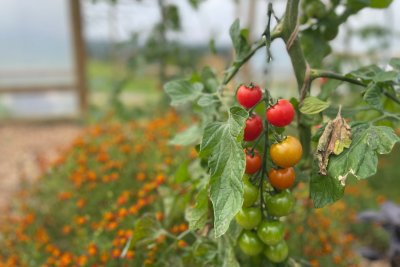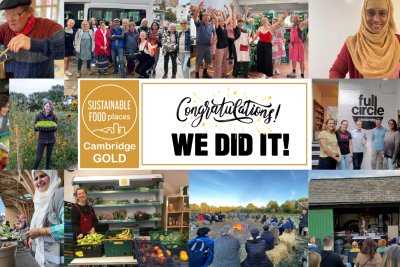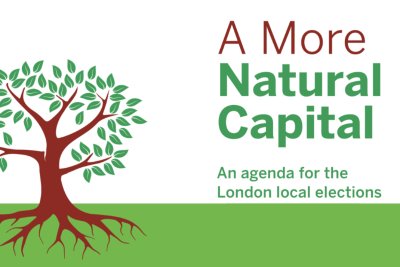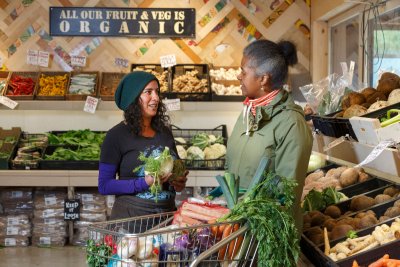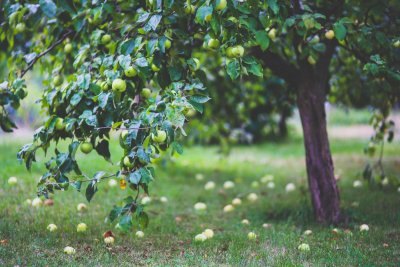20% increase in the number of factory farms since 2016
Compassion in World Farming's latest Factory Farming Map shows a significant increase in intensive livestock 'megafarms' in the UK.
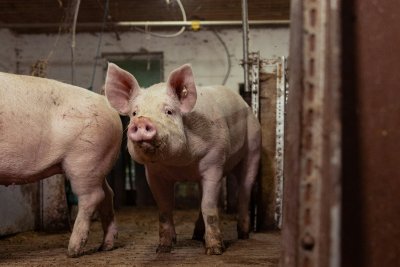
The new interactive UK-wide Factory Farming Map plots the number of factory farmed animals by county. CIWF define factory farmed animals as those confined indoors or in feedlots with no access to pasture.
Since Compassion in World Farming (CIWF) published the 2016 iteration of its Factory Farming Map, there has been a significant increase in the number of factory farms in the UK, with an additional 202 large-scale farms built.
As shown by Sustain in research published last year, factory farms in the UK are responsible for producing over 50,000 tonnes of waste every single day. Waste from intensive livestock units contains a 'chemical cocktail' of pollutants including nitrates, phosphates, and antibiotic resistant bacteria. In many places, this is spread on soil in volumes too large to be absorbed, causing pollutants to wash into rivers and create algal blooms that choke wildlife.
Though this is a nation-wide issue the map, and Sustain's research, has revealed that certain areas are particularly at risk from the spread of factory farms. 20 areas are responsible for almost a third of all the factory farm waste, with the worst offenders being North Yorkshire, Norfolk, Shropshire, Herefordshire and Lincolnshire.
Sustain is supporting councils to harness their planning powers to stop the spread of factory farms. You can find out more on our Planning for the Planet webpage.
Sam Hayward, Campaign Officer at Sustain said:
“It is shocking that intensive livestock farming is on the rise. It's exactly the opposite of the kind of agriculture that needs to grow to tackle the climate and nature emergency and tackle air pollution. Large agri-businesses like Avara Foods or 2 Sisters Food Group, that collectively own most intensive livestock units in the UK, are extracting profits while their waste pollutes our precious rivers. Councils have the power to stop the spread of factory farms, and we encourage them to join planning for the planet to get the support and resources to do so.”
Published Tuesday 13 February 2024
Food for the Planet: Food for the Planet is helping local authorities, businesses and organisations take simple actions to tackle the climate and nature emergency through food.

